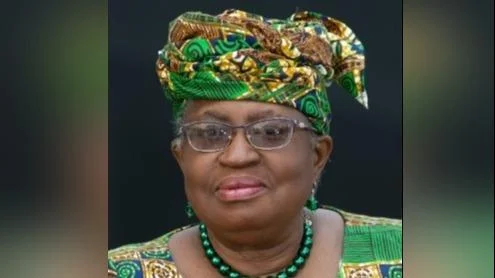The European Union has affirmed its intention to implement the panel ruling in DS600, a case concerning measures related to palm oil and oil palm crop-based biofuels. The ruling was formally adopted by the Dispute Settlement Body (DSB) on April 26. The EU stated it would require a reasonable period of time for implementation and expressed a willingness to discuss this timeline with Malaysia promptly.
Malaysia, which initiated the case against the EU, remarked that the ruling helps maintain the integrity of the multilateral trading system and ensures fairness in international trade. "It stands ready to work positively with the EU on this matter to ensure effective implementation," Malaysia added, expressing confidence that cooperation could lead to mutually beneficial solutions.
In another case, DS603, Australia announced its intention to implement the panel ruling concerning anti-dumping and countervailing duty measures on certain products from China. This ruling was also adopted by the DSB on April 26. Australia indicated it would need a reasonable period for implementation and plans to engage with China to agree upon this timeframe.
China welcomed Australia's commitment, highlighting the systemic importance of this dispute for all WTO members. China stated its eagerness to work with Australia to finalize an agreeable implementation period soon.
On another front, Colombia presented a proposal on behalf of 130 members for starting selection processes for Appellate Body vacancies for the 76th time. Colombia emphasized that many members are concerned about how delays in these appointments are affecting WTO's dispute settlement system. The United States reiterated its opposition to commencing these appointments without addressing longstanding concerns with WTO dispute settlements.
Twenty-four members voiced their opinions, many referencing previous statements. They underscored mandates from recent Ministerial Conferences aiming for a fully functioning dispute settlement system by 2024 and welcomed Ambassador Usha Dwarka-Canabady’s appointment as facilitator of reform discussions.
Additionally, nine members praised the Philippines' decision to join the Multi-party Interim Appeal Arrangement (MPIA), ensuring appeal rights in absence of an operational Appellate Body.
Colombia expressed regret over not launching selection processes despite ongoing discussions about reforming dispute settlements. It stressed that reforms should not hinder fulfilling obligations under the Dispute Settlement Understanding (DSU).
Ambassador Saqer Abdullah Almoqbel of Saudi Arabia pledged support for achieving positive outcomes within mandated timelines.
Under surveillance items, China reported compliance status regarding DS601 involving anti-dumping measures on Japanese stainless steel products. Japan criticized China's maintenance of disputed measures despite panel findings and urged immediate abolition while considering further actions if necessary.
The United States provided updates on several cases: DS184 concerning hot-rolled steel products from Japan; DS160 related to US copyright law; DS464 about large residential washers from Korea; and DS471 involving methodologies applied in anti-dumping proceedings with China.
The European Union updated its status report on DS291 regarding biotech product approvals and marketing regulations. Indonesia reported on cases DS477 and DS478 involving importation rules for horticultural products and animal products.
The next regular DSB meeting is scheduled for June 24, 2024.
___

